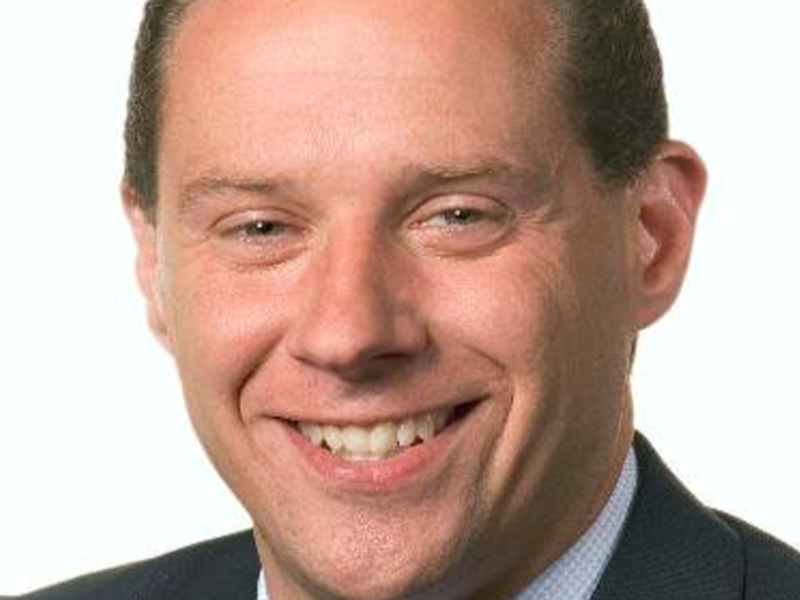Diana Marszalek 22 Aug 2023 // 4:29PM GMT

NEW YORK — Backed by Harris Poll data, Stagwell is urging brands to be duly prepared for election season as the next 18 months “are going to be politically anti-business.”
“You need to have your house in order before the first Republican debate in August, where companies will be a point of attack and 25 million voters will be watching,” said a report from Stagwell’s risk & reputation unit, which helps brands fend off politically charged reputational hits. The upcoming political season, from tomorrow’s GOP presidential debate through the November election, “will be fraught with potential flashpoints for brands,” it said.
The report, based on data from Stagwell’s Harris Poll, shows that during the 2024 election cycle brands are going to be on particularly shaky ground, given the volatility, polarization and wrath that has come to encapsulate politics in the US.
Which isn't necessarily a new phenomenon. Brands spent recent years ramping up their societal engagement in response to consumer activism, only to now be feeling the fallout from backlash against the likes of ESG and DEI.
But it is likely to intensify, which doesn’t bode well for brands caught in political crosshairs (think Disney’s legal battle with Florida or the Bud Light/Dylan Mulvaney boycott).
Additionally, companies have a harder time bouncing back from crises tied to political discord than due to, say, a faulty product or company misstep, said Stagwell vice chair Ray Day, adding that brands no longer can expect a roughly two-year recovery from crisis.
“The recovery is not like it used to be,” said Day. “There is no playbook.”
Harris research shows there is a direct correlation between political neutrality and companies’ reputation — evidence of the risk that comes with speaking out.
The three brands with the best reputations according to Harris polls — Patagonia, Costco and John Deere in order— have more bipartisan support than most brands. Meantime, the most polarizing brands in order — The Trump Organization, Fox Corporation and Hobby Lobby — have the poorest reputations, the company found.
Stagwell’s risk & reputation unit (which includes experts from political comms firms SKDK and Targeted Victory and financial comms firm Sloane & Company) said averting or managing such crises requires brands to have a full understanding of their stakeholders, stand by their actions and have 24/7 monitoring, as well as an always-on bipartisan advisory team.
“Our view for reputation (management) is you need a strong offense and a strong defense ,” Day said.
Harris also found that 82% (87% Republications, 81% Democrats) believe companies are becoming more political than ever; 71% (78% Republicans, 68% Democrats) aren’t interested in supporting companies that have become too political, regardless of whether they agree with their stances; and 78% (84% Republicans, 73% Democrats) wish their preferred brands would stay out of politics.
There are significant differences between Democrats and Republicans on whether the country is on the right track (55%, 41%); the economy is on the right track (51%, 38%); and being optimistic about their lives in the next year (59%, 27%).
The Stagwell report is based on three Harris polls — the annual reputation quotient survey of 16,310 American consumers; and two July flash polls, one of which surveyed 2,040 US adults and another that polled 2,068 voters.


































.jpg)


















